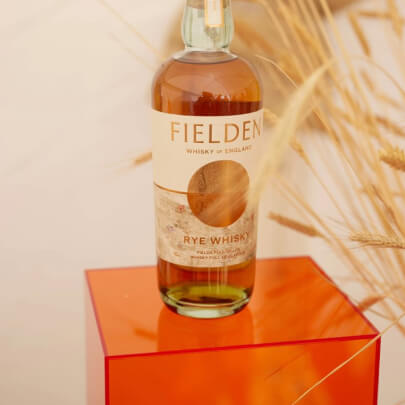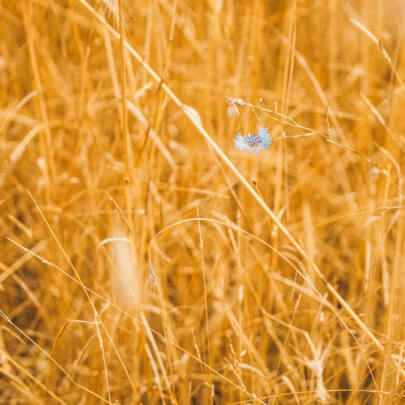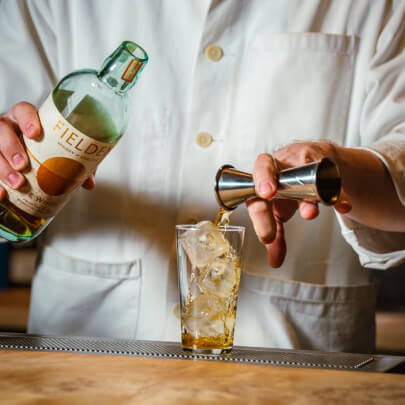Whisky from England? Is this a new thing? Well, yes and no.
In 1636 the Worshipful Company of Distillers granted a charter for whisky production in England. In the early 1800s England was recognised as a whisky producing area. Then, in 1905 the last whisky distillery was converted to a gin distillery and amazingly English whisky was dormant until 2003 when Hicks and Healy innovatively started working with a brewery to create distillery wort and then in 2006, The English Whisky Company created a distillery on one site in Norfolk.
English whisky as a category is best described as small and beautiful; estimates are that the total amount of whisky being produced by English whisky distilleries is the equivalent of one small to medium sized Scottish whisky distillery*.

However, English whisky is becoming a noisy neighbour. Not only are exquisite tasting single malts being made to rival their kindred spirits in the north, grain is also being used by English distilleries to build further consumer experiences beyond the traditional single malt and single grain whisky styles from Scotland. A good example is rye whisky; Oxford Rye whisky has recently become Fielden where the brand home is, uniquely, ‘in the field’ and not at the location of the physical distillery.
According to the English Whisky Guild (EWG) there are now fifty-five active distilleries in England that are either crafting or laying down whisky. Forty percent of their cumulative sales are in export markets where fledgling international demand has been established.
Whisky consumers are varied in their demographics and purchasing behaviours but there is, according to the drinks accelerator Distill Ventures, the emergence of a new, younger (18-34) generation who are more affluent, curious and confident in their whisky knowledge.
English whisky is riding on the back of this and an interest in New World Whisky (NWW) which is defined as whisky that is produced outside of the traditional whisky-producing countries of Scotland, Ireland, Canada, the USA, and Japan or in a style not normally associated with the country which it is made in. So, English whisky is small and perfectly formed.
The future looks bright. Let’s raise a glass to that. Cheers!
*CSI estimated that sales by English whisky companies in 2023 totalled fifty thousand nine litre cases.








